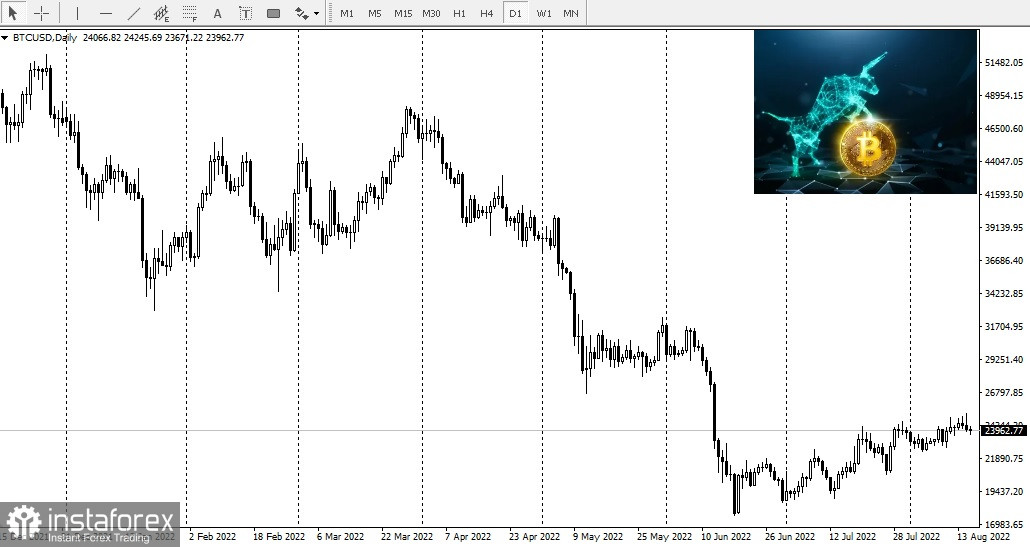
According to 3iQ, the first regulated digital asset investment fund manager in Canada, Bitcoin, having stabilized above $ 20,000 after the summer collapse, is preparing for the next step as markets focus on regulation, institutional adoption, and the next halving.
Even though Bitcoin is mired in the risk of infecting the Defi space, having fallen from an all-time high of $ 60,000 recorded last year, the world's largest cryptocurrency is trading just below $ 24,000.

Many analysts and market participants are beginning to agree that the bottom of the bitcoin price has already been reached.
In the future, if Bitcoin falls and the time it spends is below $ 20,000, it will be very limited.
A year ago, 3iQ founder and CEO Fred Pye predicted that bitcoin would reach $ 100,000 in 2023 and maybe even $ 1 million this decade. Pye explained that this price estimate was based on past and future halvings.
Since then, the price forecast has changed slightly. The basis for this is the analysis of reserves for inflow. Thus, the shortage of certain assets, such as gold and bitcoin, is estimated. Gold is growing by 4% per year. Bitcoin is now growing by 2% per year, and in two years, it will grow by 1% per year. Thus, the inflation rate of bitcoin compared to gold is becoming more and more attractive as a means of saving.
In the past, the final supply of bitcoin and the halving process made massive price spikes possible. Bitcoin is split in half every four years, when the reward for mining bitcoin transactions is halved, reducing the rate at which new bitcoins enter circulation. The last halving of bitcoin was in May 2020. The next one is scheduled for May 2024.
On top of that, due to Bitcoin's exponential growth, its price potential is still being overlooked.
Is the Fed a problem for Bitcoin?
As markets target the aggressive rate tightening that the Federal Reserve is using to fight inflation, the upcoming rate hike will have a limited impact on Bitcoin this fall and winter.
Regulation and any news from Congress, the Commodity Futures Trading Commission (CFTC), and the US Securities and Exchange Commission (SEC) will significantly impact Bitcoin.
The US and Canada are on two very different regulatory paths. Canada is lagging in regulating the cash flows of exchanges and storage. But Canada has won the battle for spot ETFs on bitcoin and ether.
In 2021, 3iQ was one of the first companies in the world to launch Bitcoin and ether ETFs in collaboration with CoinShares.
 English
English 
 Русский
Русский Bahasa Indonesia
Bahasa Indonesia Bahasa Malay
Bahasa Malay ไทย
ไทย Español
Español Deutsch
Deutsch Български
Български Français
Français Tiếng Việt
Tiếng Việt 中文
中文 বাংলা
বাংলা हिन्दी
हिन्दी Čeština
Čeština Українська
Українська Română
Română

